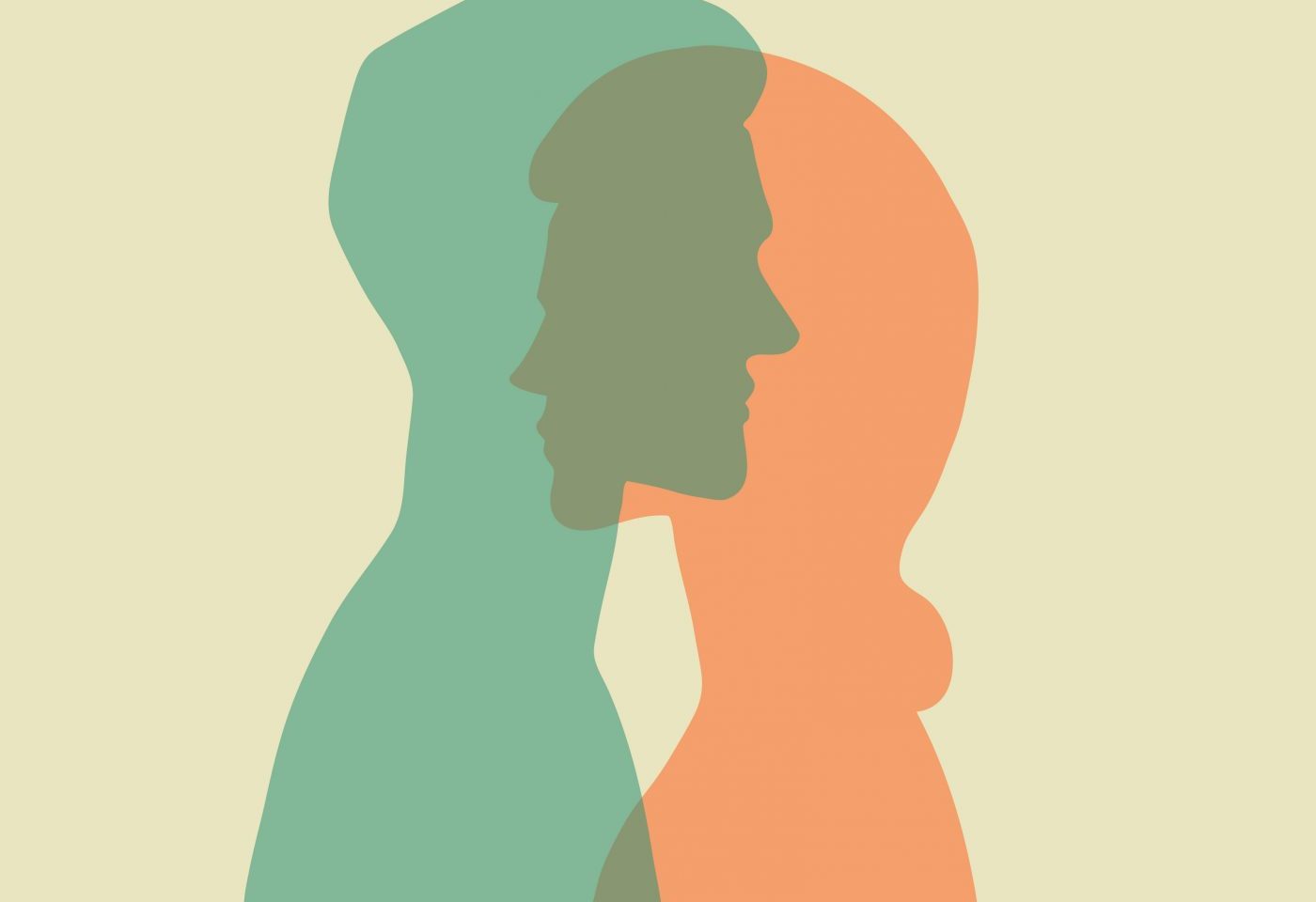Gender is not the problem. It is the mind who uses concepts like gender to create differences and separation, that is. Asking the wrong questions is. Not asking the right questions is. Ignorance is.
Don’t try to solve the concept in general, you can only solve the concept in your own particular case by not believing in it. If you feel that you are not heard, it is no use attributing this to gender on either side of the conversation. The only solution is to speak up! Make yourself heard and by doing so, dismantle the power of the concept that might be behind this. You can go beyond the concept by dealing with reality as it is, not by making up a story about a possible cause. Believing in these stories is the main cause of them becoming real (you create what you think).
I have had doctors, male or female, that listened and heard me, as well as those who did not. I never attributed this to my or their gender. So in my world, there is no gender-disparity. There is only “right” (true) or “wrong” (untrue) behavior. If a doctor and a patient don’t listen to each other, this is untrue and causes untruths. I always persisted to be heard if I thought it was important. Mostly this worked in the end. Not because I was being a “man”, but because I was being clear, persistent and fearless. If it didn’t work right away, I tried again or I looked for another solution. Change the approach, change the doctor if needed. Sometimes doctor and patient (irrelevant of gender) don’t speak the same language. Calling this a gender-problem is too easy, it does not help, it perhaps only reinforces the mechanism behind it (if there is any).
About communication and speaking up fearlessly and persistently: I clearly remember a situation of me in the hospital five years ago with an acute appendicitis. I had a light fever and some pain for two days before. After the echo was made and an enlarged and blocked appendix was seen, they wanted to operate at once (in the evening) and under full anesthesia (laparoscopy). I did not. I wanted to have an IV with meropenem for my lungs first because I was in a bad condition and I wanted a classic operation (no laparoscopy) without general anesthesia at the end of the morning after a good night’s rest and after I had cleaned my lungs. Because of my bad lung function I did not want the intubation and ventilation that go with the narcosis. I also wanted them to consult my pulmonologist about this general anesthesia. They refused and told me it had to be a full-narcosis operation. An epidural was not possible, they said. An appendix was too high for that. I knew this was not true. I asked how come they did cesarian sections with an epidural then. They kept sending in assistants, nurses and doctors (of all kinds of gender), and eventually even the surgeon to convince me of their approach. He even threatened me with death. He said: “If you don’t get operated right this evening, you might die from it”. This is how they talk. I told him “You might be right, we all die someday don’t we? Perhaps today is My Day. I might also die from the ventilation under full anesthesia”. When I thus took away his last weapon and made the problem his own (he did not want having to account for a patient dying on him on his table), he seemed puzzled and got insecure. Eventually, he agreed to phone my pulmonologist (same hospital!). They talked. After he came back, he agreed to postpone the operation 24 hours and start the IV right away. He also agreed to send the anesthesiologist to discuss alternate ways of sedation. I was operated the next day (by another surgeon by the way) end of the morning after due preparation, a good talk with the anesthesiologist (a fine woman), with an epidural in stead of narcosis. Later it turned out that on the ER, even in the same hospital, they only look at their own file of the patient. They don’t look into the file of the specialists involved. They were not really aware of the special needs, do’s and don’ts of CF patients at all had they not phoned my pulmonologist. The forced ventilation that goes with the laparoscopy (the lungs get squeezed because of the gas they pump into the belly, and have to be ventilated against this pressure) would possibly have seriously damaged my lungs. This was in the CF-center I was known to for 15 years, also an academic hospital. I made them change my ER-file with a warning that in case of any operation they first have to consult my pulmonologist and if possible, prepare and follow up the operation with an antibiotic IV – and only give full anesthesia as a last resort. I hope they read.
Coming back to gender. Don’t make it relevant. A simile: if a car is speeding towards you, you jump aside. You don’t make up a story about the gender of the driver or the make of the car. If your doctor doesn’t listen, act. Don’t fantasize.
Namaste,
Paul

